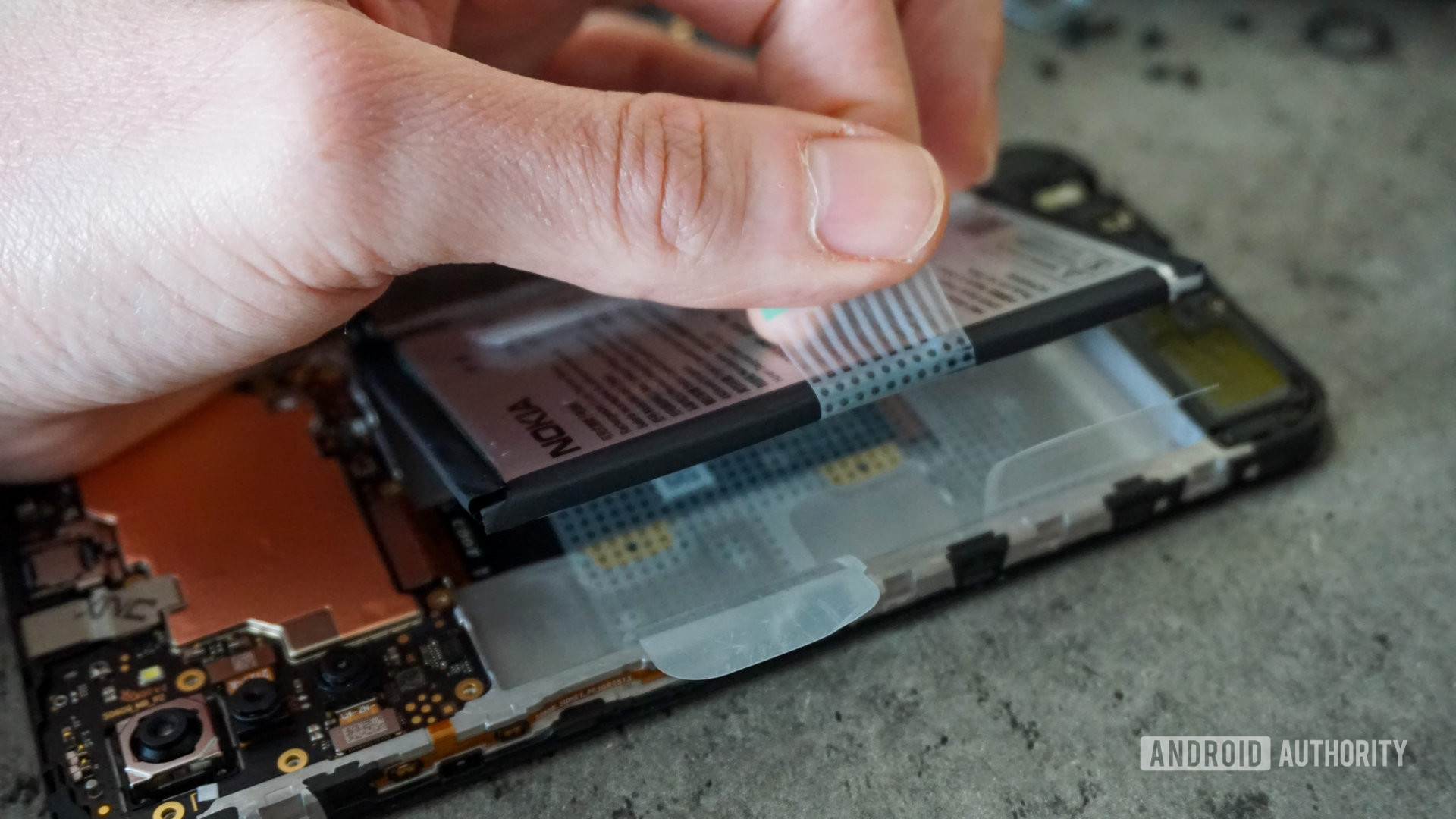TL;DR
- The European Council has ended its adoption procedure for rules related to phones with replaceable batteries.
- By 2027, all phones released in the EU must have a battery the user can easily replace with no tools or expertise.
- The regulation intends to introduce a circular economy for batteries.



It depends on the layout of the phone though. Size of camera module, placement of fingerprint sensors, other sensors/modules, heat sinks. You name it, really.
As such the batteries tend to be oddly shaped, and even spread out in different places to get as much battery in as possible.
The “best one” differs from phone to phone.
I‘ve had a couple dozen different phone batteries in my hand. It’s really not that complicated if you have to make it work. Sure, manufacturers will yell that they couldn’t make their 27 lenses at the edge of the case work. I say make them 16:9 in 5 different sizes and manufacturers can work around that, end of story. New sizes can be adopted if the benefit for everyone outweighs the cost.
I’d really like to see it but I don’t think we will see it unless legislation forces it.
I’d like to see it in more than just phones. Standardise battery sizes for cars and other vehicles as well, and make it possible to replace them manually. If there were automated battery charging stations I might even be convinced that electric cars will work for more than just city travel.
I agree again. EVs do work imo but proprietary stuff always gets in the way. It’s actually time to reform the way intellectual property works and is enforced. It’s a way to leech out millions of dollars for insanely old or convoluted content which is not how our world functions anymore. There should be a limit on how big of an idea can be patented as well. Just think about tissues in boxes. If that got patented, they would be insanely expensive. That’s why I think things that are insanely common (medical formulas) should have very short patent spans. We need to take power away from megacorps (which is a can of worms in itself). Same goes for ev batteries, vaccines, etc.
I agree with you entirely. Maybe not so much on EVs, but my only real gripe with them is the battery, which would be solved if we standardised battery sizes and engineered some sort of solution which allowed for “swapping stations” to automatically swap out batteries. It would require makers to design and engineer their cars around these swappable batteries but I think that’s the way to go.
The way it’d work today is if some manufacturer implemented this, it’d be some sort of proprietary BS thing and it just wouldn’t work in practise. Legislating a standard for all the manufacturers to adhere to is the only real workable way of doing something like that.
Yes, I think that would eliminate a lot of the problems we face. Also, there are batteries not made of rare earths. They just dont get funded as much as they are not as cheap as exploring 3rd world countries.
I think its very easy. The manufacturers get a vote based on their sale volume (you make good cars, you make decisions). They vote on the best design to implement as standard and it immediately loses its patent.